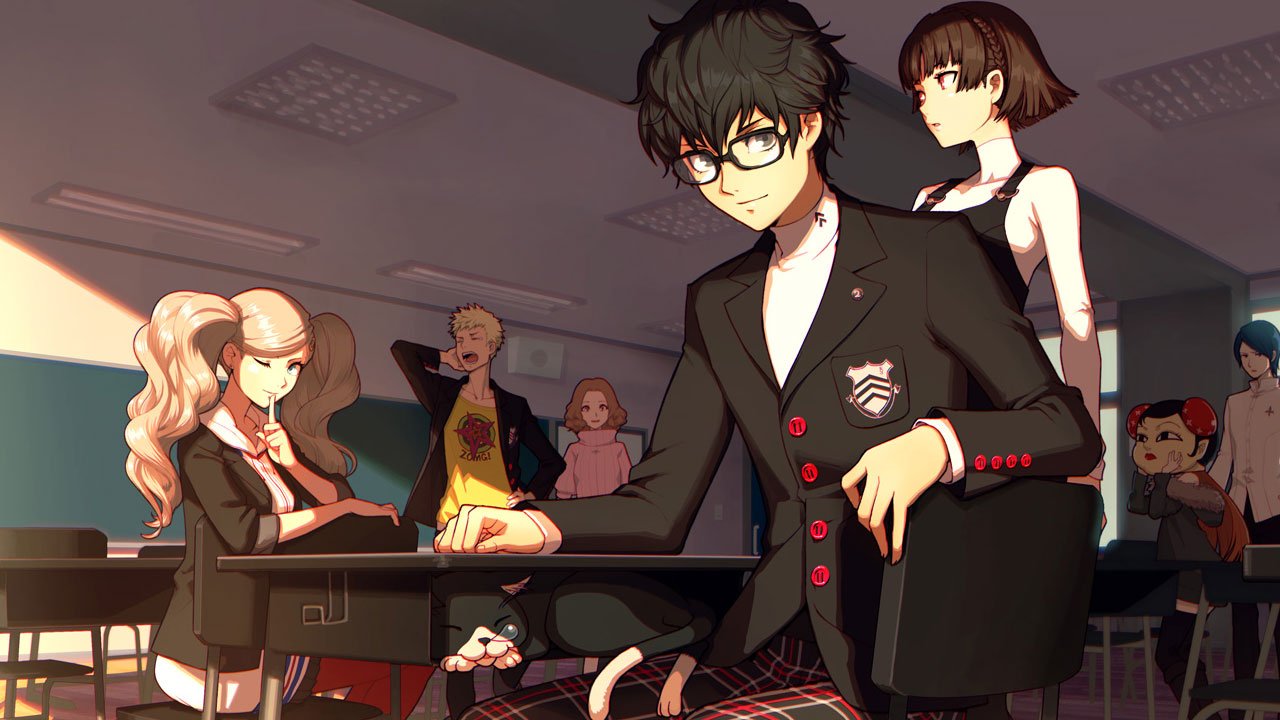The Persona series has always worn its weirdness proudly. It’s stylish, philosophical, slightly unhinged — and somehow manages to make demon fusion feel emotionally resonant. But beneath the anime aesthetics and god-tier soundtracks, it’s also pulling from something surprisingly dense: Carl Jung’s map of the human mind.
Yes, the same Jung who brought you archetypes, the collective unconscious, and the idea that you’re secretly projecting your unresolved baggage onto your ex. Persona 5 Royal takes all of that and transforms it into a game where you summon your psyche, confront internal conflict, and fight through metaphors.
If you’re diving in with a Persona 5 Royal Steam code, know that you’re not just in for a crash course in Jungian theory, teenage rebellion, and masked metaphysics.
Jung, But Make It Battle-Ready
At the center of Jungian psychology is the idea that we all wear masks — personas — to function in society. These aren’t lies; they’re curated versions of ourselves designed to be palatable. But behind the mask is the Self, the full, unfiltered you, complete with insecurities, repressed fears, and unresolved parental drama.
The Persona series literalizes this. Your Persona is your other self — summoned in combat, evolved through introspection, and awakened by confronting the darkest corners of your psyche. Jung called this process individuation. Persona calls it a boss fight in a neon palace filled with shadow monsters and subtle metaphors about capitalism. Tomato, tomahto.

Shadow Work (With XP Rewards)
Jung’s concept of the Shadow — the unconscious part of us that we deny or suppress — is central to the series. Each antagonist in Persona 5 Royal is a person who has been completely consumed by their shadow self: corrupted teachers, exploitative bosses, twisted politicians. They’re exaggerated, sure, but the horror comes from their relatability. These are people who got rewarded for ignoring their humanity.
Contrast that with your ragtag group of teens, each of whom confronts their shadow in order to grow. Ann reclaims her agency. Yusuke wrestles with authenticity. Futaba heals through confrontation. Their Personas emerge from these moments not as power-ups, but as symbols of acceptance. You don’t kill your shadow — you integrate it.
So if you’ve ever stared into a mirror and wondered who you are – or if your mirror suddenly started talking back and offering tarot readings, maybe a Persona 5 Royal Steam code is the therapy session you pretended you didn’t need.
The Velvet Room: Jung’s Dream Journal
Then there’s the Velvet Room — a liminal space between consciousness and the unconscious, where a man with a long nose and his increasingly ominous assistants help you combine Personas like psychic Pokémon. It’s weird. It’s surreal. It’s basically Carl Jung’s lucid dream, but with fusion mechanics and parole metaphors.
The Velvet Room isn’t just a gameplay hub. It’s a stand-in for your inner self — the alchemical forge where growth happens. Your choices there reflect your evolving psyche. Who you choose to fuse says just as much about you as which Confidants you pursue or which homework you ignore to go dungeon crawling.

Finding Yourself… and Punching a God
The endgame of most Persona titles is challenging a god-like being who represents societal conformity, apathy, or total control. Jung might have phrased it more politely, but the idea tracks: in order to become truly whole, you have to reject the external forces that tell you who to be.
Persona doesn’t just gamify psychology. It dares you to be vulnerable. To sit with the parts of yourself you’d rather ignore. And maybe, to realize that healing doesn’t make you weaker — it makes you powerful, even if your power involves summoning a flaming horse with sunglasses.



